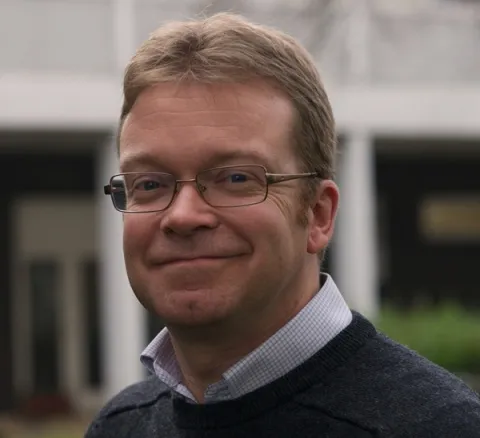About the project
The most explosive volcanic event in >100 years occurred in January 2022, when Hunga Tonga-Hunga Ha'apai (HTHH) erupted unexpectedly, triggering cascades of hazards1. The atmospheric shockwave was felt around the planet, tsunamis inundated coastlines, and communications were cut when seafloor cables were damaged. Unique datasets were acquired before and after the eruption, providing the first opportunity to study the hazard cascades created by such a powerful event. New seafloor and subsurface geophysical data, acquired three months after the eruption, enable comparison with pre-eruption data, to show how the volcano evolved and shaped the surrounding seafloor. Initial analysis reveals that powerful pyroclastic density currents were generated following the initial eruption, sculpting deep seafloor channels and travelling vast distances. These surges may be the main trigger for tsunamis and responsible for >100 km of damage to seafloor cables; however, this requires validation. Coring of the seafloor and on onshore islands will provide the necessary sedimentological constraint to the eruptive timeline. This timely project offers a unique opportunity to determine the distribution, timing, behaviour and impact of pyroclastic flows, the linked and cascading hazards associated with such a major eruption, and new insights into many other volcanoes worldwide that pose similar hazards.
For full project details visit the Inspire project page.
Lead supervisor
- Doctor Isobel Yeo (National Oceanography Centre)
Supervisors
- Doctor Michael Clare (National Oceanography Centre)
- Professor Andy Cundy (University of Southampton)
- Professor David Sear (University of Southampton)
- Doctor Sally Watson (NIWA)
